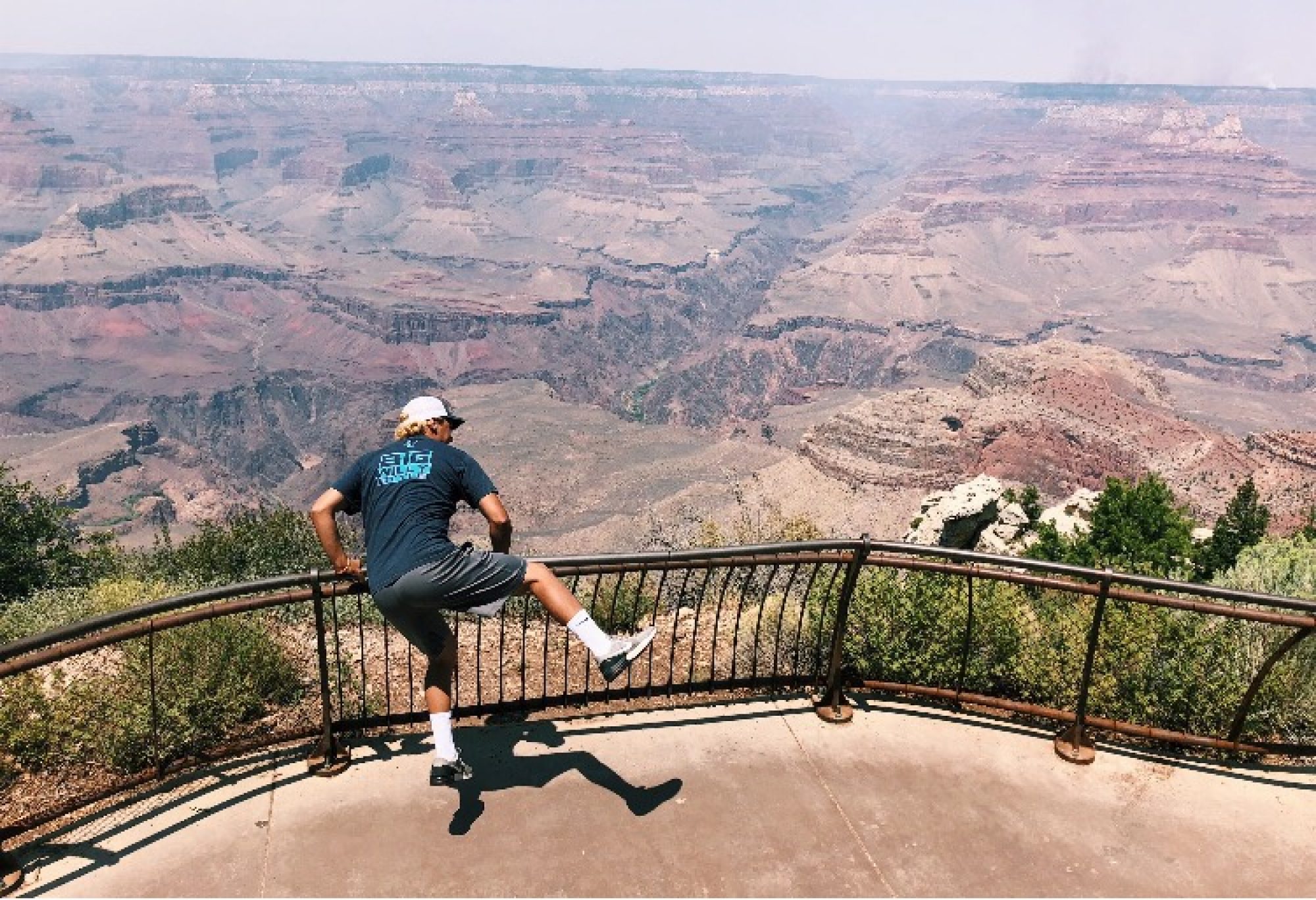Kwame Anthony Appiah implies that identities create most social issues like racism, xenophobia, and homophobia. Kwame is a philosopher and cultural theorist who claims that identities create divisions between groups on people. In an interview with Sean Illing, an American writer for the new website Vox, Appiah implies that identities are a lie and that we can’t live without them. He then continues to explain how identities can bring people together, but they can also divide people based on the group you are in. I agree with Kwame, I think most of what he says people just know that things like racism happen for what others look like but the way he thinks about it is that its they way you look, act, talk, and things you do are what makes you YOU. The one thing that I don’t really know is that if Kwame knows that most of what humans do is put things into categories to identify things that harm us. I think most of what racism, xenophobia, and homophobia are, are impressions of stereotypes and that melts down to identities and how we as humans perceive others whether they are like us or not.
When Illing asks the question “The title of your book implies that “identity” is a lie. What do you mean by that?” Kwame responds with a kind of indirect answer, “There’s something misleading or mistaken about the pictures that underline these identities and yet they bind us together in spite of that. They do bring people together, as well as divide people, and I think that the lies, the untruths, are often a very important part of how they work. They’re important to how people are held together.” Kwame means that identities are made up so we can put people and things into categories and when doing this we tend have preferences and general assumptions of people already made up. By doing this it separates people or can bring people together. You can use the example of democrats and republicans. They all have the ultimate goal of making the United States best country in the world but the difference of what make the United States the best and how to get to them is where they get divided. Even though these things do not define people morally people take it that way. These perceptions of people divide because of stereotypes like all republicans are racist or all democrats are snowflakes. When people make these broad generalizations of a group of people it makes upset because it’s not true. Appiah knows this but, in the interview, he never directly says it.
When it comes to politics you make yourself out to be what you think the people want the most. Everywhere you look politicians are trying to get the majority of people to like them by changing their identity. Appiah says that “It’s simply not possible to do politics without identity.” This is true, all politicians have to have an identity or a group that they identify with. Whether it republican, democrat, libertarian or independent that is your identity to millions of voters. Identities are away we can know who people are and the most interesting part about identities are you can change most of them. The ones you can’t really change are you race, age and where you are from. You can change how people perceive your race age and where you are from by the way you dress, talk, mannerism, and how you interact with others. I noticed this in college by when I am talking to people from different places or that are a race other than white I tend to talk using Ebonics or different kinds of slang. I would say that changes my identity on who I am because you don’t see a lot of people from Vermont using Ebonics.
Since my dad’s side of the family is Mexican my sister and I get very dark in the summers from being outside so much and we fit it more with people of color. i really noticed this when we went out west we needed to find a place to do laundry. We found a laundromat in a Hispanic neighborhood as my sister and I were walking in I held the door for a Hispanic family and they all said “Gracias” to me and I was like wow that has never happened to me before. It felt like we as a family (except my mom) fit in with everyone in there. At that moment I felt like I was Mexican. It didn’t feel marginalized, I felt proud of my heritage and where I was from. Most of the time I would feel like a white kid with a tan because I grew up in such a white town there weren’t a lot of people that look like me and could relate to being really tan in the summer or and then basically yellow in the winter.
Identities can either bring people together or they can tear people apart. What we need to understand is that everyone is different and accept it. Even if it doesn’t necessarily might fit our ideals and how we might think we are still humans and should be treated as such.

Nice opening paragraph. It establishes the conversation, stakes out a piece of it, and offers your own view explicitly connected to Appiah’s.
Overall, I’d like to see more connections between the parts of your paper. I think you might have used the “lies are part of the way identities do their work” part of Appiah’s interview back in the other sections (remember the repeated key phrase/idea strategy for essay coherence from last semester) to make the connections stronger.